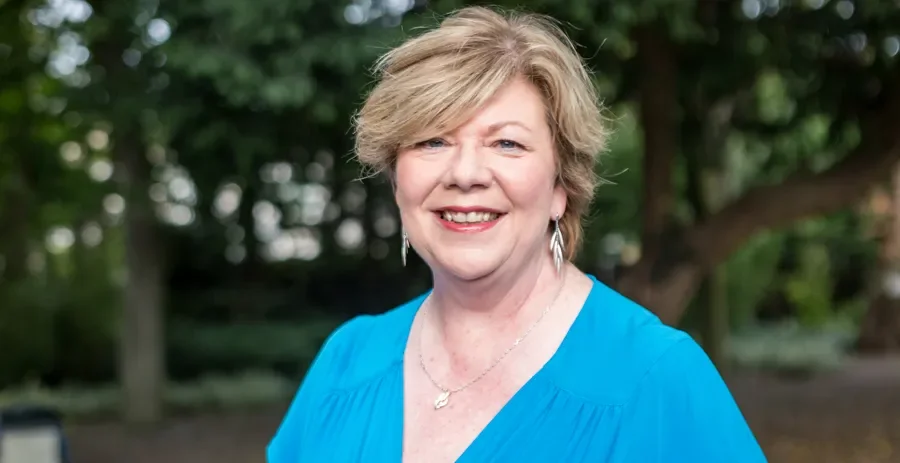

Spotlight on Research: Listening for the voices of students
This week’s Spotlight on Research is with Paula Flynn, an Assistant Professor in the School of Inclusive and Special Education in Dublin City University (DCU) Institute of Education.
Your research looks to give students a voice in education, why is that important?
“I put the emphasis on the learner’s voice in my research, because any child or young person or student can go through phases in life where they feel marginalised or excluded.
Parents and teachers want to help but sometimes they don’t know how, and the child or student having the opportunity to express themselves and be heard is hugely important. I want to find out how we can encourage and amplify their voices.”
It is always about the student talking?
“Not always. We need to provide different media for children and students to express themselves. Conversation is great but often, depending on the child’s ability and age, they may express themselves more easily through action, music or art for example. Those can be great ways to start a conversation, whatever format it develops into.
In fact, there are examples from some of the research I have conducted with young people, when there are times they don’t want to talk, they want to write instead. So we need to ensure they have those opportunities too.”
What kinds of areas have you been looking at?
“I’ve just finished a study which involved consulting students in post-primary schools on changes to subject specifications at Junior Cycle level. We visited young people across Ireland and asked them for input on curricular change and development. It was a very positive experience and we saw significant overlaps in the vision for change across adult development groups and the student consultation groups.
Bringing young people into all dialogue on education reform is essential and respectful to their position of expertise on their own experience. These opportunities also have an impact on the culture of schools in creating and sustaining a culture of listening".
What do you wish people knew about students, based on your studies?
“I think we underestimate how insightful young people are. They are the experts on what it is like to be in a classroom right now, and it is essential we hear their perspectives on all aspects of education, and especially reform.”
What can schools do to help students be heard?
“Schools are interested in what they can do to encourage students to be heard and they see the need to make the environmentmore voice-friendly, and to build a culture of listening.
It is very easy to hear the popular, articulate voice, but it is very important and essential to inclusive education, that any child can be heard and potentially contribute to change or have an impact. Some voices can be heard through student councils but the election process may exclude young people who also have something to say, so we need to find other ways to involve young people in decision making processes.”
What are you working on now?
“I get invited into lots of exciting and different projects, predominantly in how to develop inclusive education. One I am working on now with colleagues from DCU is funded by Greater Dublin Independent Living, in which we are examining the transition experience from primary to post-primary school for children in Dublin 1. We have the privilege of talking to children, parents, and education professionals in that study."
What do you do to take a break?
“I love music. In a former life, I was a musician and singer and I still love to get together with a few friends and sing and play guitar and piano. It’s a great way to recharge the batteries.”
